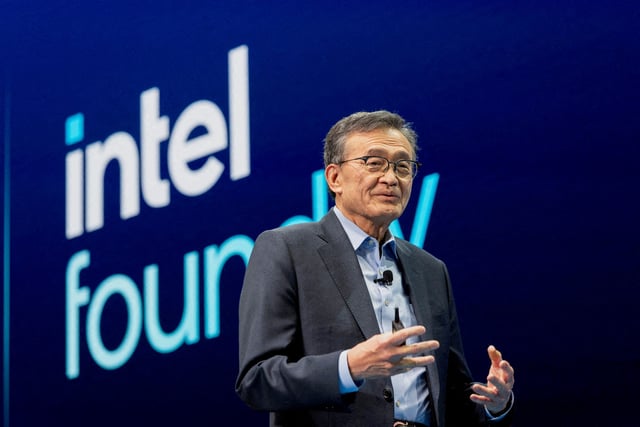Overview
- The government converted $11.1 billion in CHIPS Act and other funding into a 9.9% passive stake in Intel with no board seats and limited voting commitments, according to Intel’s securities filing.
- Treasury Secretary Scott Bessent and Commerce Secretary Howard Lutnick said additional transactions are under consideration, with Nvidia ruled out for now and sectors like defense and shipbuilding cited as possible targets.
- Intel warned shareholders the stake could dilute existing equity, reduce voting rights, limit eligibility for future grants, hurt international sales, trigger new regulations abroad, invite legal challenges, and produce unforeseen consequences.
- Republican critics including Sens. Rand Paul and Thom Tillis and former Vice President Mike Pence condemned the move as a step toward state ownership, while Sen. Bernie Sanders backed securing taxpayer upside from prior subsidies.
- Investors and analysts flagged governance and market risks, with Fitch saying the deal does not lift Intel’s BBB rating, SoftBank’s $2 billion investment arriving days earlier, and some shareholders alarmed by the deal following public pressure on Intel’s CEO.

